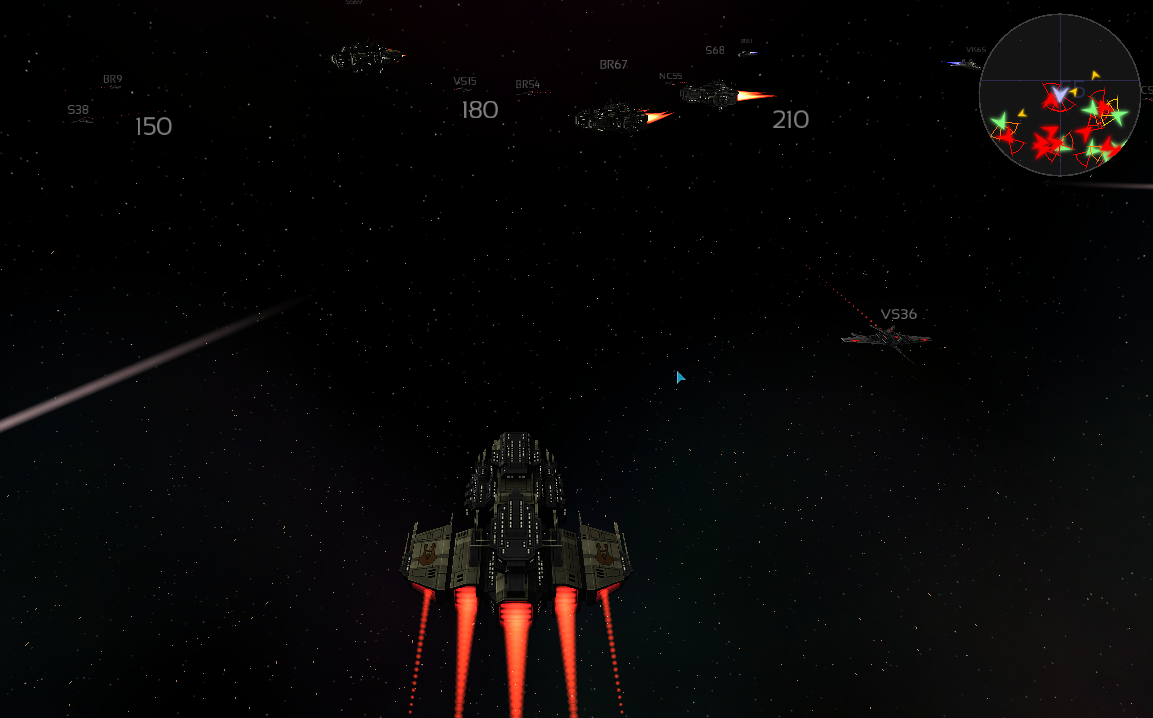I'm trying to use SFML's TCP networking implementation to do client/server code for a game I'm working on.
However, I ran into a problem. I made all code single threaded, so I put all sockets into NonBlocking mode with setBlocking(false); And then I send sf::Packets trough it.
However, it looks like I'm getting corrupted packets at the receiving end when I try to send a lot of data at once (usually at the initialization of the client state, which needs a lot of data)
I think I tracked it down to the sf::TcpSocket::send function:
https://github.com/SFML/SFML/blob/master/src/SFML/Network/TcpSocket.cpp#L220The problem here, is that when you are in NonBlocking mode, you can have a partial send on the ::send() function. As the buffer at the OS level is full. On the next retry of ::send it will return -1 with an EWOULDBLOCK error. And thus exiting the send function. Reporting to the caller a status of "NotReady", however, it did partially send the message. Thus corrupting the packet on the receiving side. (And pretty much corrupting the whole stream)
I do not want the send function to block (else I could put it into blocking mode before sending) as this could block the whole server if 1 client went missing (which fills up the OS buffer, a block before the socket is disconnected).
Sending with threads could be done, but as SFML lacks a Queue or Conditionals then this could become very tricky very fast, not even sure it can be done without polling, which I rather avoid.
And as TcpSocket::send also fails to report how much data it actually send, else I could keep track of how much I still needed to send myself.
Not sure where to go from here...
 As you really need to work together and communicate a lot.
As you really need to work together and communicate a lot.


 )
)